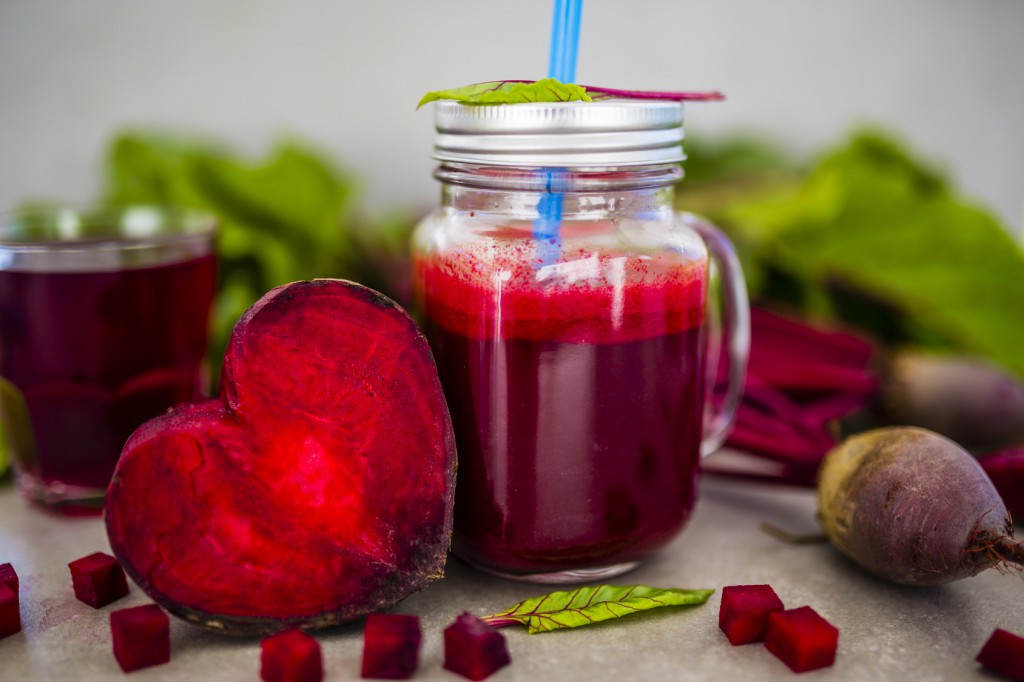 Tasty, healthy and easy to prepare. Irreplaceable during pregnancy and helpful for people with cancer and struggling with heart problems. What are the properties of beetroot juice and are there any contraindications to consuming it? How much beetroot juice should you drink per day and how to prepare it?
Tasty, healthy and easy to prepare. Irreplaceable during pregnancy and helpful for people with cancer and struggling with heart problems. What are the properties of beetroot juice and are there any contraindications to consuming it? How much beetroot juice should you drink per day and how to prepare it?
Beet juice – properties
Beneficial properties of beetroot juice result from its rich composition – it contains:
- fibre, which causes slower digestion of foods, and thus – a long-lasting sense of repletion,
- a negligible amount of sugar, amino acids and sodium,
- potassium, which is essential for proper heart function and prevents oedema,
- B vitamins, which are helpful in relieving neurosis, depression, stress and improve concentration, reflexes, memory and alertness,
- manganese, cobalt, folic acid and iron, which fight alimentary anaemia, and folic acid that stimulates the formation of serotonin which is popularly called the happiness hormone and is responsible for proper sleep and appetite and also strengthens immunity,
- betalains that have anticancer, anti-inflammatory and antiviral properties.
Beetroot juice supports the fight against cardiovascular diseases – it regulates hypertension, hypotension and cholesterol.
How much beetroot juice can you drink per day?
Beet juice can be consumed daily, even several times a day. Ingredients contained in beetroot juice do not show toxicity, therefore its consumption does not carry any side effects. However, not all people will enjoy its taste.
Beet juice – contraindications
Beet juice should be consumed with caution by people who:
- are prone to kidney stones,
- suffer from diabetes – beet juice, in contrast to raw beet, whose glycemic index is low, increases the level of glucose in the blood.
How to make beetroot juice?
To make beetroot juice, wash and peel the beets, then cut into smaller pieces and place in a slow juicer or a blender. For taste and health, we can add parsley, dill or spices, or combine it with water and lemon juice.






Leave a Reply